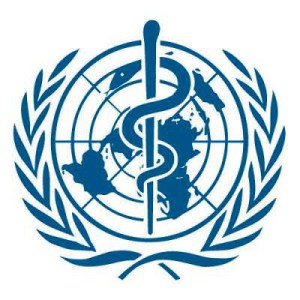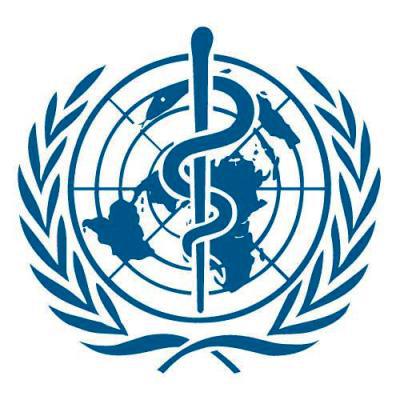The UNESCO Science Report: Towards 2030, launched last Tuesday by the United Nations Educatio University World News highlights some of the report’s findings.
University World News highlights some of the report’s findings.
GLOBAL
Pressing problems spur radical shift in global science
The focus of global science has radically shifted from basic research to applied research, with high-income countries cutting back on public spending while private sector funding has been maintained or increased, according to the latest UNESCO Science Report.
Big five still dominate in share of world’s researchers
The number of researchers has risen by 21% to 7.8 million since 2007 with a corresponding explosion in scientific publications, according to the newly-released UNESCO Science Report: Towards 2030. But 72% of the world’s researchers can still be found in the European Union, China, Russia, the United States and Japan.
Local and indigenous knowledge emerges from blindspot
The long-standing blindspot created by scientists’ dogged concentration on positivist science – emphasising empirical data and scientific methods to the exclusion of other methodology – may be ending, according to the UNESCO Science Report: Towards 2030.
ASIA
Asia propelled towards science powerhouse status
With Asia accounting for almost half the world’s economic output and 42% of global research and development spending, the region is emerging as a science powerhouse with some of the world’s most dynamic national science and technology programmes contributing to global research and innovation.
AFRICA
Sub-Saharan science on the rise, but slowly – UNESCO
Africa’s research output rose to 33,300 publications last year, up from 21,000 in 2008, according to UNESCO Science Report: Towards 2030, published last Tuesday. Africa’s world share of publications jumped from 2% to 2.6%.
Information source: http://www.universityworldnews.com/

